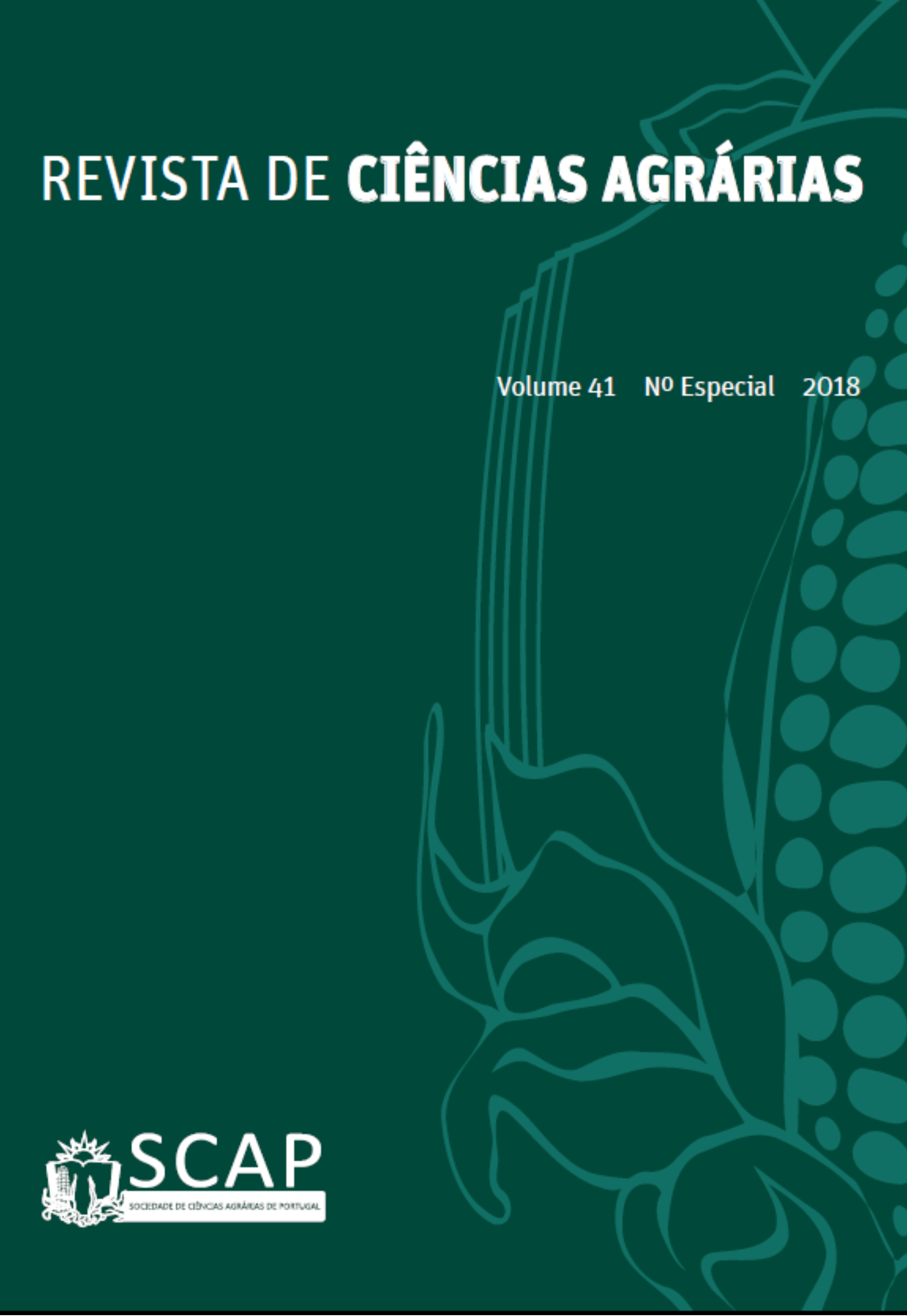Studies on differential susceptibility of ‘Rocha’ pear clones and Portuguese varieties of pear and apple to fire blight - tools for the sustainability of fruit chain production
DOI:
https://doi.org/10.19084/rca.17071Abstract
Fire blight was officially identified for the first time in Portugal, in 2011, affecting pear cultivar ‘Rocha’, the most important Portuguese variety of pear, with high economic impact in the production chain and trade. Since then the bacterium has destroyed new orchards in several areas of pear and apple production in the country. Nurseries and phytogenetic resources of several important in vivo collections have also been affected and are considered endangered. Severe disease symptoms on branches, flowers and fruits are also present in several other autochthones pear and apple varieties, leading to the death of trees under the climatic and cultural conditions prevalent in Portugal. Coordinated efforts from all fruit production chain actors, including farmers, phytosanitary authorities and research institutions, produced tools to overcome disease impact and build economic and social sustainability of this activity. Within the frame of the national research project Proder InovPomo (2014-2017), the phytogenetic resources of two official collections of pear and apple trees were assessed towards susceptibility to fire blight disease, to select and preserve the individuals combining the best agronomic features as well as higher tolerance to fire blight. The results achieved are essential for selection and preservation of Portuguese phytogenetic resources and biodiversity, as well as for delivering high quality planting materials to farmers for the establishment of new orchards, especially in fruit production areas where fire blight disease is present.


